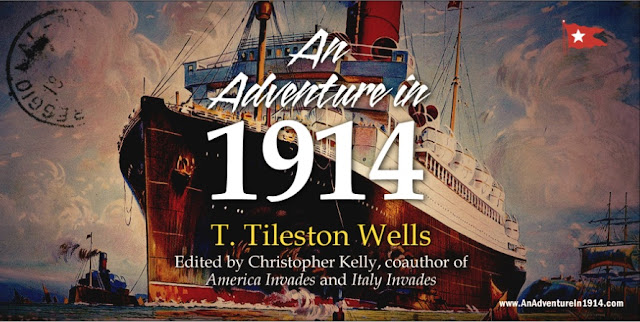 |
| US Eagle vs Russian Bear |
The question that should come up at tonight's Presidential debate in Las Vegas but almost certainly will not is this: "How would you as Commander in Chief respond to a Russian invasion of the three Baltic Republics (Latvia, Lithuania and Estonia) who are all NATO members and with whom we have treaty obligations under Article 5 of the NATO charter?" Instead we will be entertained by questions about Hillary's E-mail and the Donald's open mike recordings. What a pity!
The right answer to this question could win either candidate the White House. The wrong answer could, quite literally, end our world.
The NATO charter stipulates that an attack on one member is an attack on all members. Article 5 has only been invoked on one occasion. This was after the 9/11 attacks on the USA in 2001. NATO forces were deployed to Afghanistan along with US troops and some remain there now 15 years on.
 |
| T-14 Armata Tank |
Putin's Russia seems eager to test the will of the West. In 2008 as the world was about to celebrate the Olympic games in Beijing when Russian forces invaded and crushed Georgia. In 2014 Russian troops invaded the Crimea and subsequently annexed territory that had belonged to the Ukraine. In spite of weak oil prices and economic weakness, Russia has dramatically stepped up its defense spending in recent years. In 2015, for example, Russia introduced the T-14 Armata tank. The Russian Army plans to add 2,500 of these vehicles to their arsenal. Russian military spending now stands at $69 billion per year more than any other European nation and more than anytime in the history of the Russian Federation. Note the steady increase in spending since 1999.
How has the West responded to this threat? The short answer is not very well. First, NATO has been pre-occupied with addressing the threat of Islamic terrorism rather than the menace that Russia represents. This may be understandable due to the attention grabbing casualties incurred in the US and around the world from 9/11 to the present. Russia is, however, a far greater threat to the peace security of the West than the threat of ISIS, Al Qaeda or any terrorist organizations. Put simply, Russia has nuclear weapons while the terrorists do not. ISIS can sever the heads of its opponents and journalists but they cannot deliver a nuclear bomb.
Third, NATO's diversity (many languages, many different politics, etc.) make it intrinsically weaker when it comes to coordinating and executing strategy. Russia, on the other hand, is united by one language and one wildly popular leader.
Fourth, NATO's weakness in conventional forces makes the use of nuclear weapons even more likely. This is where things really get scary. As General Sir Richard Shirreff's 2016 book, War With Russia (www.amzn.com/1681441381), points out it would take time for American forces to deploy from the United States while a Russian occupation of the Baltic Republics (on Russia's doorstep) could be achieved militarily within days. An American president would then face the grim prospect of trying to dislodge the Russians from NATO territory with either American ground troops or nuclear weapons. Shirreff served as the Deputy Supreme Allied Commander Europe before his recent retirement. The Allied Rapid Reaction Corps, which Shirreff headed up, is not really all that rapid.
In my new book, An Adventure in 1914, I point out that World War I was history's greatest train wreck (http://americanconservativeinlondon.blogspot.co.uk/2016/10/62814.html). The alliance system of 1914 was a powder keg waiting to be ignited by the assassination of Archduke Ferdinand of Austria-Hungary on June 28, 1914.
Meanwhile, President Obama is considering the launch of a cyber attack on Russia in retaliation for interference in the American election (http://www.express.co.uk/news/world/721851/russia-joe-biden-obama-cyber-attack-war-clinton-putin-US-moscow).
2017 could be another train wreck and America is about to choose its engineer.
Pre-Order your copy of An Adventure in 1914 here...www.anadventurein1914.com
Or on Amazon...www.amzn.com/0692767894
Or on Amazon Kindle...www.amzn.com/B01LXD1KHQ
Or on Amazon...www.amzn.com/0692767894
Or on Amazon Kindle...www.amzn.com/B01LXD1KHQ























